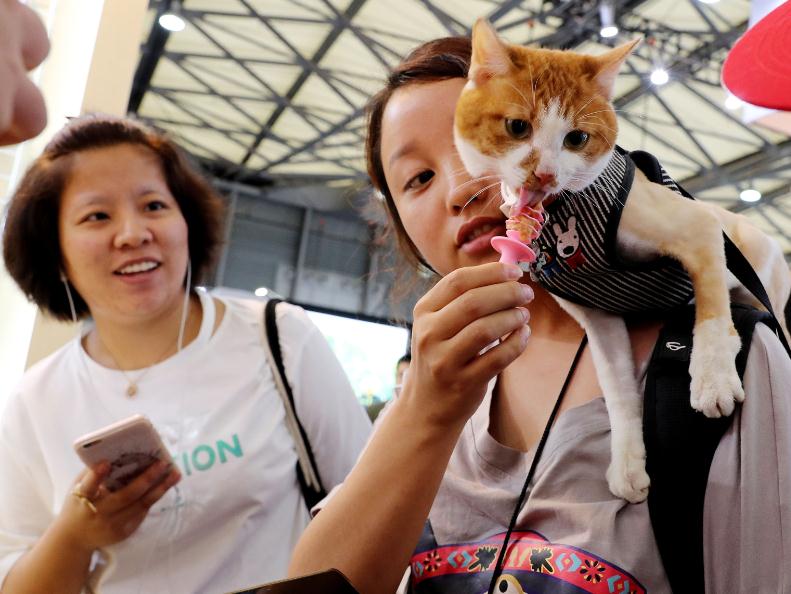Shoppers splashing their spare cash online


Last year, total spending on travel-related services jumped 4.4 times among Yangtze River Delta residents year-on-year, with the number of flight and hotel bookings soaring 50 percent.
Healthcare services reported similar trends, with spending on medical checkups, dental cleaning, cosmetic procedures and gene detection jumping 6.7 times in 2018 compared to the previous year.
These numbers echoed predictions by the World Economic Forum and global consultancy Bain and Co, which projected that a massive number of industrial jobs would be redeployed to service sector jobs in China, as household income is forecast to increase by around 5 percent annually through to 2027.
"Products are advancing from commodities to become part of an integrated consumer experience," said Bruno Lannes, a Bain partner based in Shanghai and co-author of the report on 10 emerging consumption trends in China.
One of the policy directions of China's 13th Five-Year Plan (2016-20) promotes new consumption patterns, which includes expanding service consumption, encouraging the development of custom-made services to meet the growing demand for personalization, and advancing online and offline integration.
Chinese consumers, who tend to be open-minded about innovative investment products, are willing to pay for premium and professional financial services, and are receptive to "spending future money", according to a survey conducted last year by the Hong Kong Trade Development Council.
Nearly two-thirds of the survey respondents said that "pleasing themselves" and "wanting to experience better and more unique services" are the main reasons driving them to consume innovative or high-end services.
Shoppers' predisposition toward new rollouts or exclusive offerings is paying out, too. Last year, Shanghai topped all other cities in terms of spending on new products, which was 3.9 times higher than the national average.
Thanks to co-creations from brands and internet companies like Alibaba, which provide their data to distill the latest consumer insights, some 50 million new products from 200,000 local and foreign brands hit the market via Alibaba's Tmall site.
"It's safe to say that consumers now increasingly seek out niche products as a reflection of their unique personality and pursuit for quality," said Jet Jing, president of Tmall, a major e-commerce platform of Alibaba.
Lannes from Bain agreed, saying: "The best brands are determining how to integrate their products into the overall customer experience, which includes not only shopping, but learning about a product, using it and recommending it."




































